
Aquatic Weeds
The introduction of exotic aquatic plants into Australia and particularly NSW has affected our wetlands, streams, rivers and estuaries.
Invasive aquatic weeds
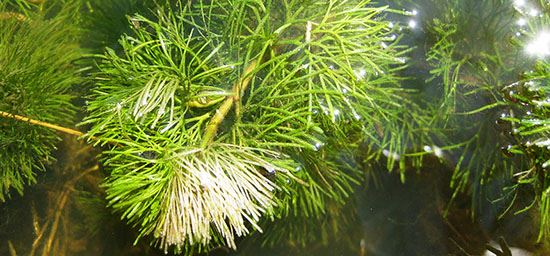
Cabomba
Cabomba is strictly aquatic and completely submerged except for its flowers and occasional floating leaves. The roots attach to the bottom of the water body and stems can be up to 10m long, but usually range up to 5m. Find out more about the Cabomba weed.
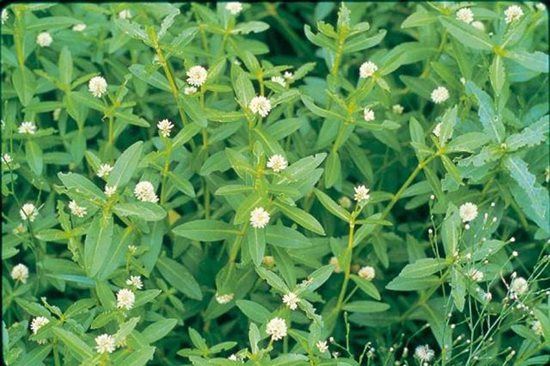
Alligator Weed (Alternanthera philoxeroides)
Alligator weed is one of the greatest threats to waterways, wetlands, floodplains and irrigation systems in Australia. As a weed that can grow both on land and in water and can tolerate a range of control methods, alligator weed has serious impacts worldwide and in Australia (see NSW WeedWise for information about alligator weed as a noxious weed).
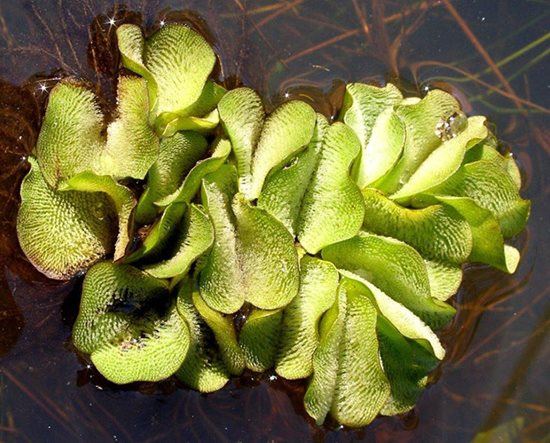
Salvinia (Salvinia molesta)
The main infestations of salvinia are found in coastal streams from cairns in North Queensland to the South coast of New South Wales. infestations have also been recorded near Perth, Darwin, Melbourne and Adelaide. To date, only isolated infestations have been recorded on inland waterways. In New South Wales, salvinia is common in the Tweed, Richmond, Clarence, and Macleay catchments, the central coast and metropolitan areas. Significant incursions have and still are posing problems in the Hawkesbury–Nepean system and in Wooloombi Brook near Cessnock. Salvinia is still found in aquarium and rockery ponds as an illegally-propagated aquatic plant. Find out more about the Salvinia weed.
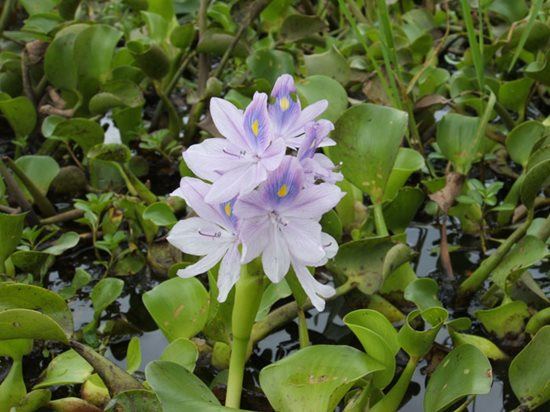
Water Hyacinth (Eichhornia crassipes)
Water hyacinth will rapidly take over an entire waterway. Under favourable conditions it can double its mass every 5 days, forming new plants on the ends of stolons. It also grows from seed which can remain viable for 20 years or longer. This enormous reproductive capacity causes annual reinfestation from seed and rapid coverage of previously treated areas, making ongoing control necessary. Find out more about the Water Hyacinth weed.
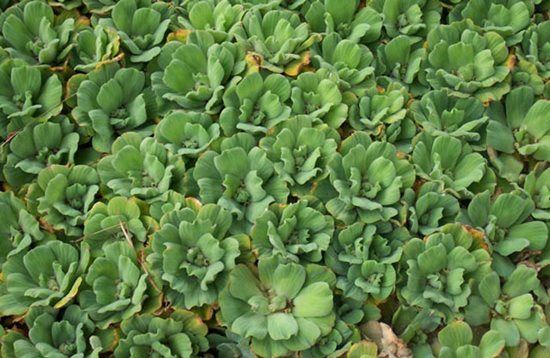
Water Lettuce (Pistia stratiotes)
Water lettuce is a free floating plant that looks like an open head of lettuce. It can grow up to 15 cm tall and 30 cm wide. Mother and daughter plants are attached by stolons (white root-like structures which link plants together) up to 60 cm long. Find out more about the Water Lettuce weed.
These weeds were introduced into the waterways and have:
- Reduced fish populations
- Choked water systems
- Depleted food sources and breeding areas for wildlife
- Provided shelter for mosquito populations.
Alligator Weed
Alligator Weed has infested waterways in Newcastle. It is particularly problematic as it not only grows in water but also invades adjoining land.
Alligator Weed is easily spread and once established it is virtually impossible to eradicate. Some of these aquatic weeds can double their mass in 5 – 10 days. They excel in waterways with high nutrient levels.
Prevention
Preventing the introduction of noxious aquatic weeds into local waterways is difficult. A major problem stems from the use of these plants in aquariums and backyard ponds. The weeds are spread when they are transferred from aquariums and ponds into waterways. Fines may be issued for this and other activities which do no comply with the control requirements of the Noxious Weeds Act.
Control options
Land owners and occupiers should contact CN’s Noxious Weeds Officers on (02) 4974 2000 for advice on suitable control options for specific locations.
Herbicide application in and around water is a reasonable control method, but these applications are strictly controlled by government regulations. Incorrect use of herbicides can cause damage locally and have an impact downstream and on attached ecosystems.
We need your help to control weeds. Report any infestations you find in open waterways or in/ on business premises and private properties.
Please help to stop these noxious plants taking over our waterways and river systems.
Pollution Incident Response Management Plan
Download the Pollution Incident Response Management Plan - EPL 5583: Application of Herbicides
For further information on aquatic weeds
Contact our Invasive Species Officers on (02) 4974 2000.
Find out more on noxious weeds at NSW Department of Primary Industries.











